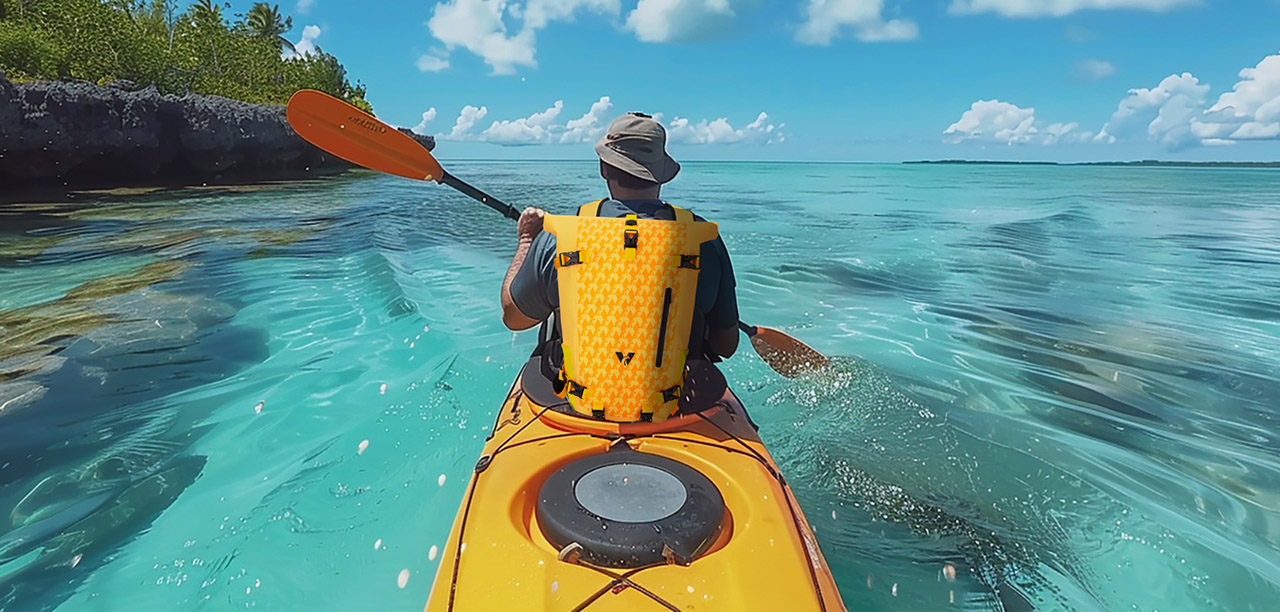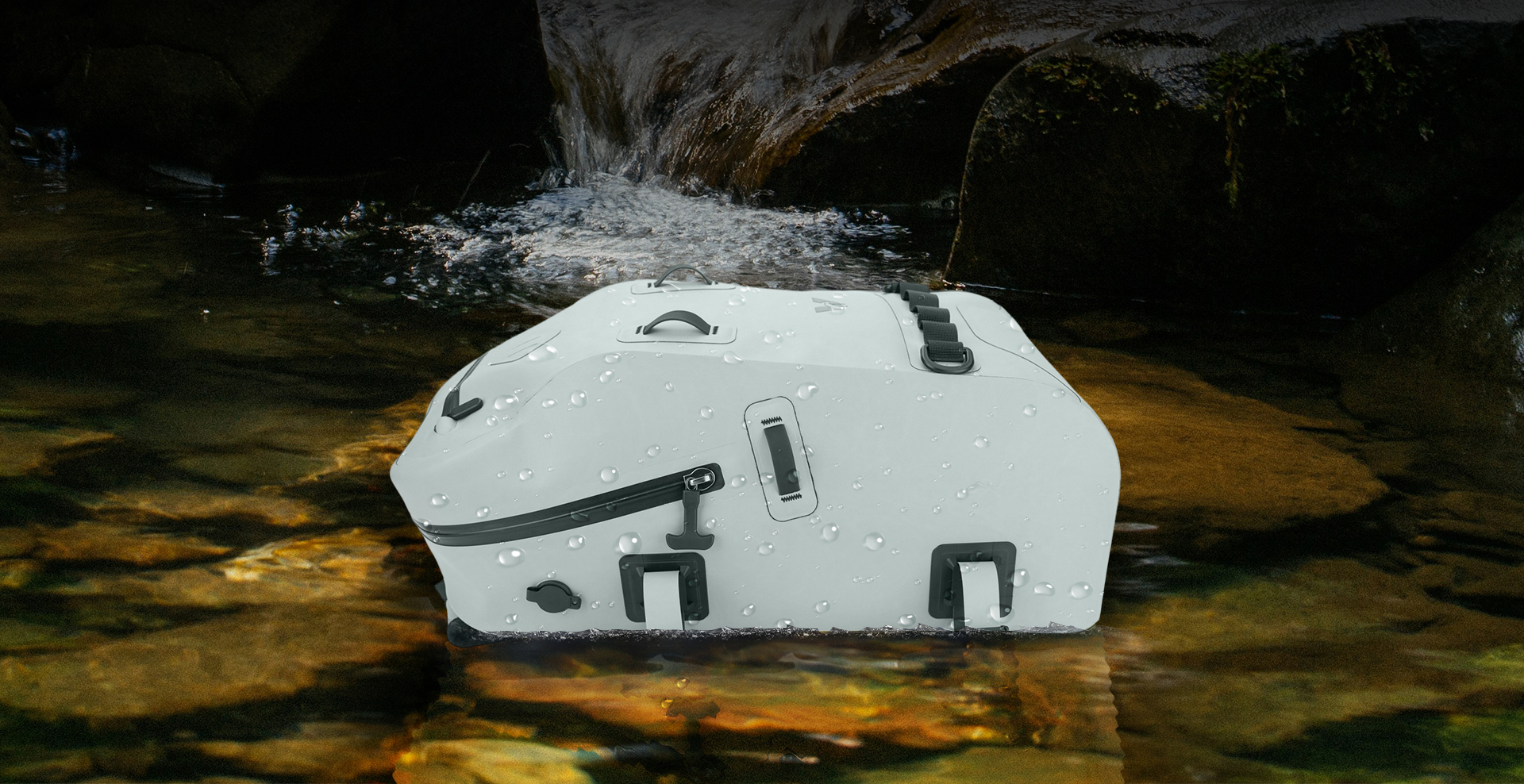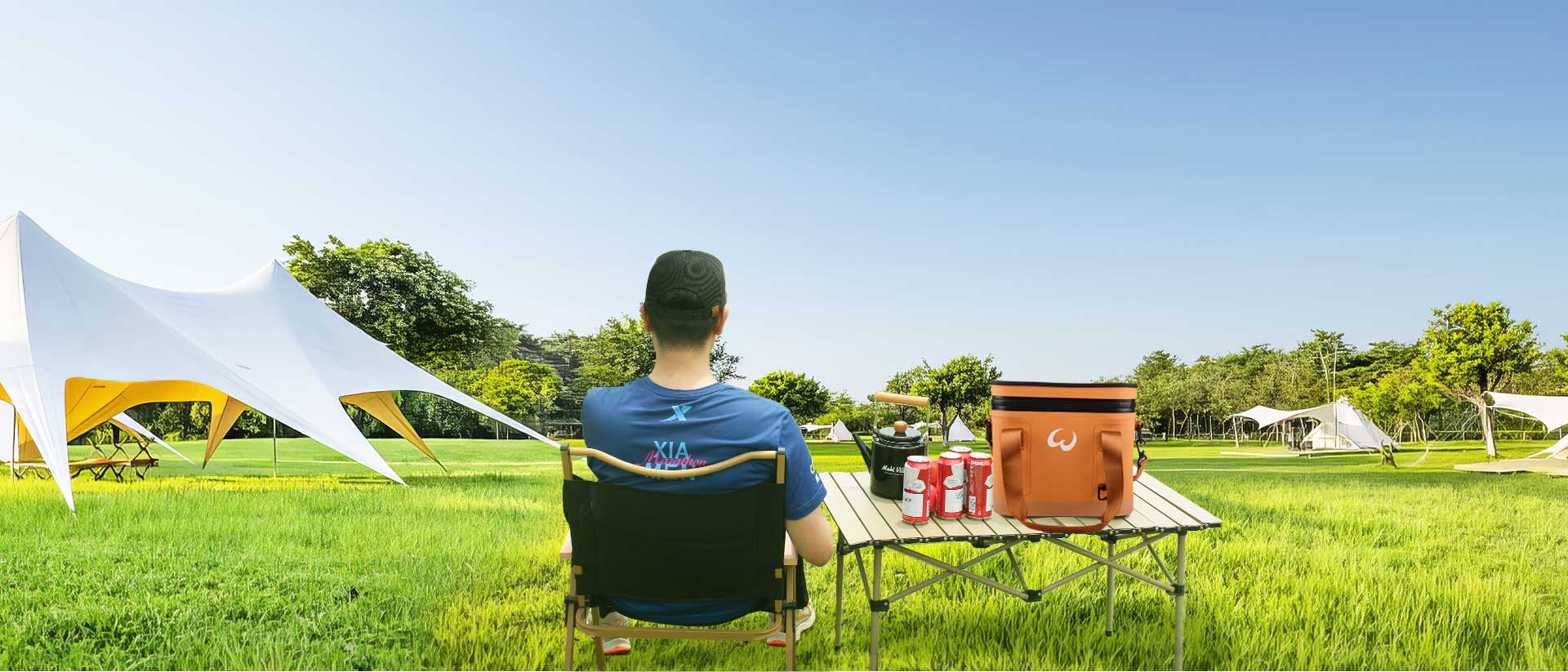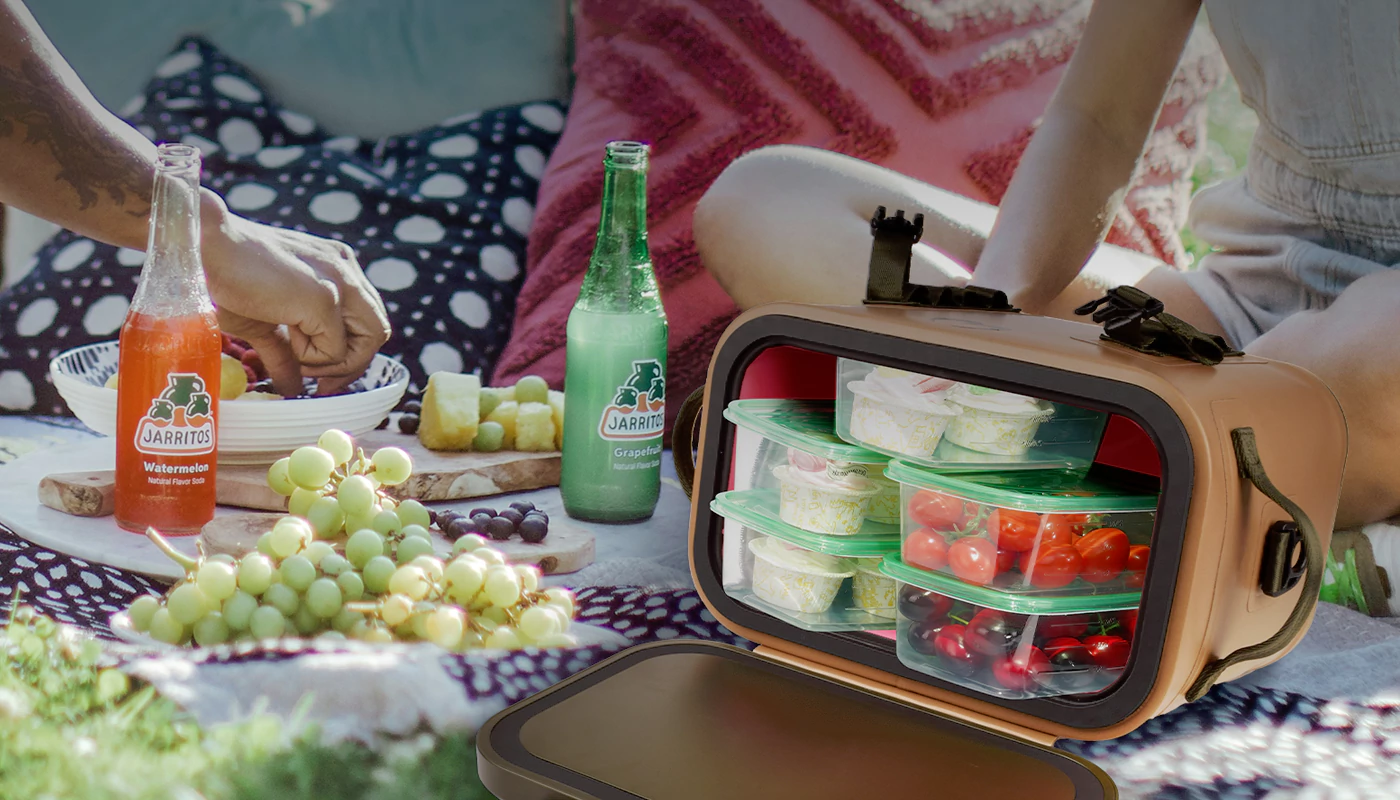In the competitive landscape of corporate procurement, rowing bag bulk orders represent a significant opportunity for brands, sports teams, and promotional suppliers to leverage high-quality, customized products. Unlike consumer-focused narratives, this discussion is tailored for B2B decision-makers—procurement managers, brand customizers, and wholesalers—who prioritize supply chain efficiency, compliance, and scalability. As a manufacturer with expertise in sports gear, weierken understands that a successful bulk order hinges on aligning production capabilities with client-specific requirements, from design to delivery. This article delves into the core factors that define a robust rowing bag bulk order approach, emphasizing practical insights for B2B partnerships.
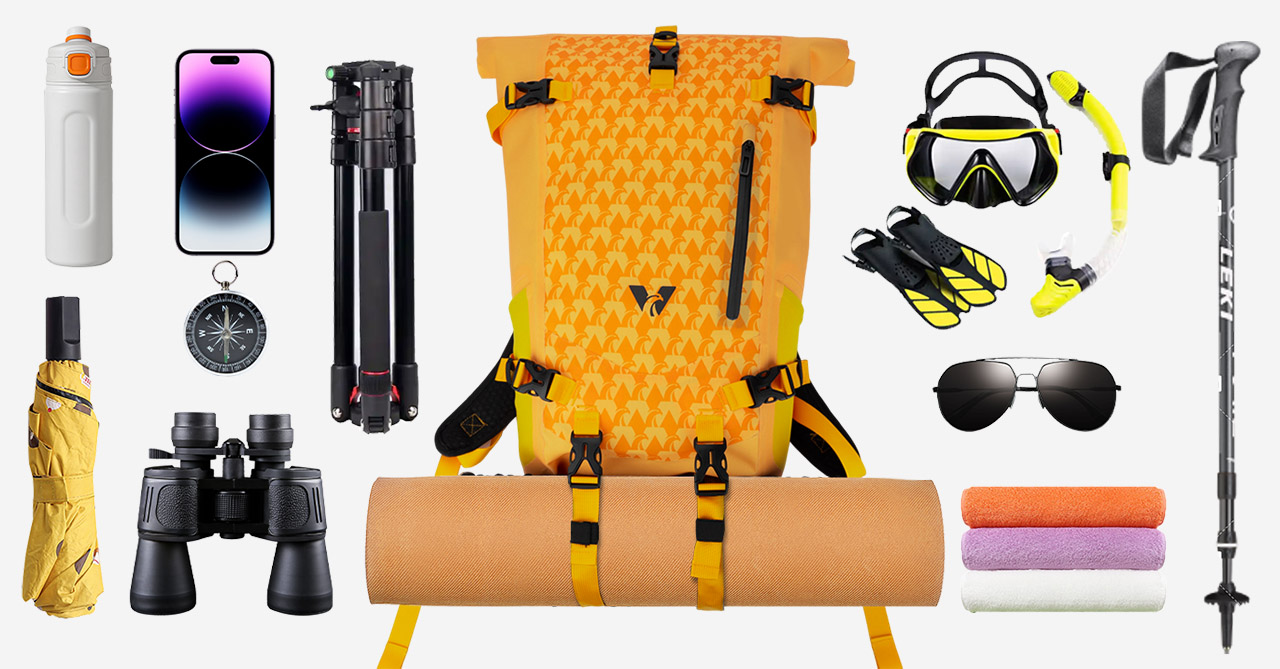
Understanding the B2B Dynamics in Rowing Bag Procurement
For B2B buyers, a rowing bag bulk order isn’t just about volume; it’s about solving operational pain points. Common scenarios include equipping rowing clubs with durable training kits, corporate clients seeking branded merchandise for events, or retailers stocking seasonal inventory. Pain points often involve inconsistent quality leading to returns, delayed shipments disrupting marketing campaigns, or non-compliance with environmental standards damaging brand reputation. For instance, a procurement team might struggle with suppliers who lack flexibility for last-minute adjustments, resulting in wasted resources. By focusing on a manufacturer like weierken, which specializes in B2B solutions, buyers can mitigate these risks through structured processes and industry expertise.
R&D Capabilities: Driving Customization and Innovation
A critical aspect of a successful rowing bag bulk order is the supplier’s research and development (R&D) prowess. This goes beyond basic production to include tailored support that addresses unique client needs.
Market Research and Design Support
Effective R&D begins with market-driven insights. For B2B clients, this means understanding end-user demographics—such as athletes’ demand for ergonomic designs or corporate preferences for logo visibility. weierken offers collaborative design services, where buyers receive data on material trends and functionality, like waterproof compartments for wet gear. This ensures that each custom rowing bag aligns with market expectations without requiring clients to invest in extensive in-house research.
Prototyping and Iteration
The prototyping phase is where ideas materialize. B2B buyers often face challenges in visualizing final products, leading to costly revisions. A supplier with iterative prototyping—such as weierken’s 3D modeling and sample production—allows for adjustments based on feedback. For example, a brand might test handle durability or zipper strength over multiple cycles, ensuring the bulk order meets exact specifications before mass production.
OEM and ODM Services
Whether clients need OEM (Original Equipment Manufacturing) for existing designs or ODM (Original Design Manufacturing) for fully customized solutions, flexibility is key. weierken’s ODM support enables buyers to develop unique rowing bags from scratch, incorporating brand-specific colors and features, while OEM streamlines production for established designs. This dual approach caters to diverse B2B needs, from startups to established corporations.
Environmental Compliance: Meeting Modern Standards
Sustainability is no longer optional in B2B procurement; it’s a competitive advantage. A rowing bag bulk order must adhere to environmental regulations and consumer trends toward eco-friendliness.
RPET and Sustainable Materials
Using recycled materials like RPET (Recycled Polyethylene Terephthalate) reduces environmental impact while maintaining durability. weierken integrates RPET into rowing bag production, offering options that appeal to eco-conscious brands. For instance, bags made from RPET can withstand harsh outdoor conditions, addressing both performance and sustainability goals.
Certifications: REACH, BSCI, and GRS
Compliance with international standards is non-negotiable. REACH certification ensures materials are free from harmful chemicals, BSCI (Business Social Compliance Initiative) audits ethical labor practices, and GRS (Global Recycled Standard) verifies recycled content. weierken’s adherence to these certifications means buyers can trust that their bulk order avoids legal pitfalls and supports corporate social responsibility (CSR) initiatives.
Managing Lead Times and Production Capacity
Timely delivery is a make-or-break factor in B2B relationships. A delayed rowing bag bulk order can disrupt inventory cycles or event timelines, highlighting the need for reliable production planning.
Production Capacity and Peak Season Support
Manufacturers must balance regular output with surge demands. weierken’s facility is equipped to handle high-volume orders—up to tens of thousands of units monthly—with dedicated lines for custom rowing bags. During peak seasons, such as pre-regatta periods, the capacity for (replenishment orders) ensures clients can top up inventory without full-scale reprocurement.
Delivery Cycles: 25–65 Days
The typical delivery window for a rowing bag bulk order ranges from 25 to 65 days, depending on customization complexity. For standard designs, weierken often achieves the shorter end, while highly customized items may extend toward 65 days. This transparency allows procurement teams to plan logistics, such as coordinating with shipping partners to avoid bottlenecks.
Essential Certifications for Quality Assurance
Certifications validate a supplier’s reliability and product safety, which are paramount in B2B transactions.
ISO Standards
ISO 9001 certification, which weierken holds, underscores a commitment to quality management systems. This translates to consistent product output—for example, ensuring every rowing bag in a bulk order has uniform stitching and material strength.
BSCI and FDA Compliance
While BSCI covers social accountability, FDA compliance (where applicable) addresses material safety for items that might contact personal goods. Although rowing bags typically don’t handle food, this certification adds a layer of trust for buyers in regulated industries.
Throughout these segments, weierken’s approach demonstrates how a manufacturer can transform a rowing bag bulk order into a strategic asset. By integrating R&D, compliance, and efficient logistics, B2B buyers achieve cost savings and risk reduction.
Partnering for Success in Bulk Orders
In summary, a well-executed rowing bag bulk order strategy hinges on a supplier’s ability to blend innovation, sustainability, and operational excellence. For B2B buyers, this means selecting partners like weierken, who offer end-to-end support—from initial design to timely delivery. By prioritizing these elements, procurement professionals can enhance their supply chain resilience and drive brand value. As the demand for customized sports gear grows, weierken remains a reliable ally in navigating the complexities of bulk procurement.
Frequently Asked Questions
Q1: What is the typical minimum order quantity (MOQ) for a rowing bag bulk order with weierken?
A1: The MOQ varies based on customization, but it generally starts at 500 units for standard designs. This allows B2B buyers to test market response without overcommitting resources.
Q2: How does weierken handle design changes during the prototyping phase?
A2: weierken employs an iterative process where clients can request up to three rounds of revisions at no extra cost. This ensures the final prototype aligns with brand specifications before mass production begins.
Q3: Are there eco-friendly material options available for custom rowing bags?
A3: Yes, weierken offers sustainable choices like RPET and GRS-certified fabrics. These materials meet environmental standards without compromising on durability, ideal for brands focusing on green initiatives.
Q4: What measures are in place to ensure on-time delivery for urgent bulk orders?
A4: weierken maintains a flexible production schedule and buffer inventory for common components. For urgent orders, such as (peak-season replenishment), the team prioritizes scheduling to meet shortened timelines, often within 30 days.
Q5: How do certifications like ISO and BSCI benefit B2B buyers in rowing bag procurement?
A5: These certifications assure product quality and ethical production practices. For instance, ISO 9001 reduces defect rates, while BSCI compliance mitigates reputational risks, making them crucial for long-term partnerships.
Q6: Can weierken support OEM and ODM services for highly specialized rowing bag designs?
A6: Absolutely. weierken provides comprehensive OEM/ODM services, including material sourcing and functional customization, to create unique solutions that reflect a client’s brand identity and performance needs.
